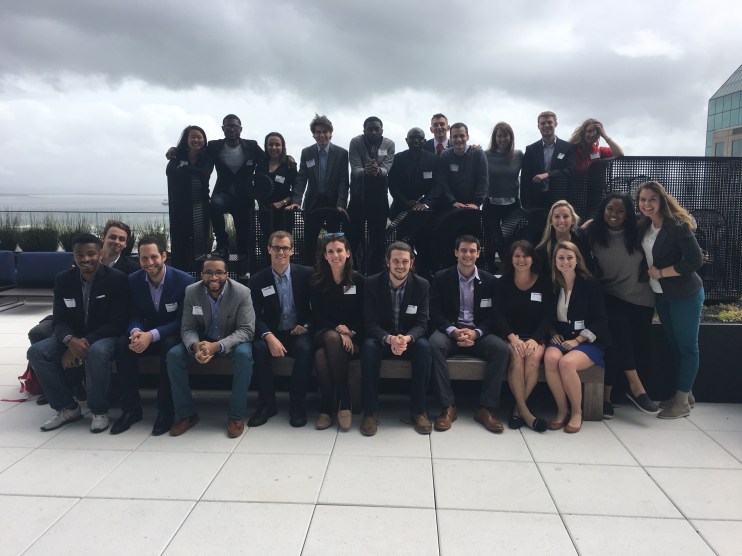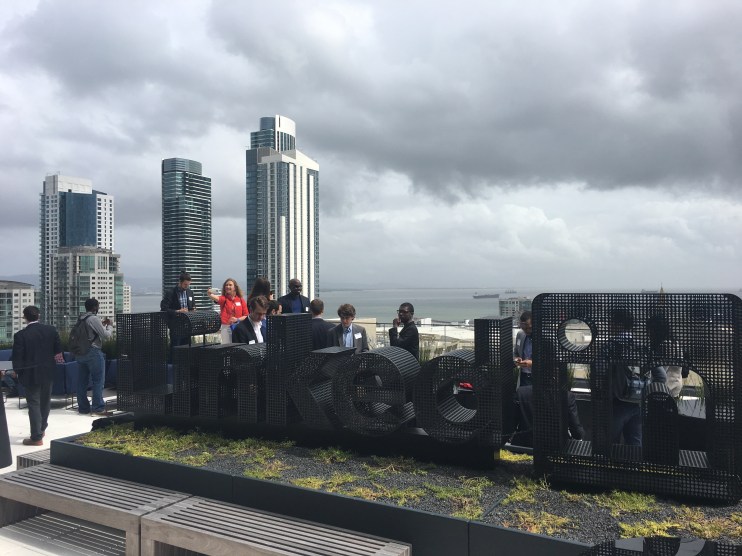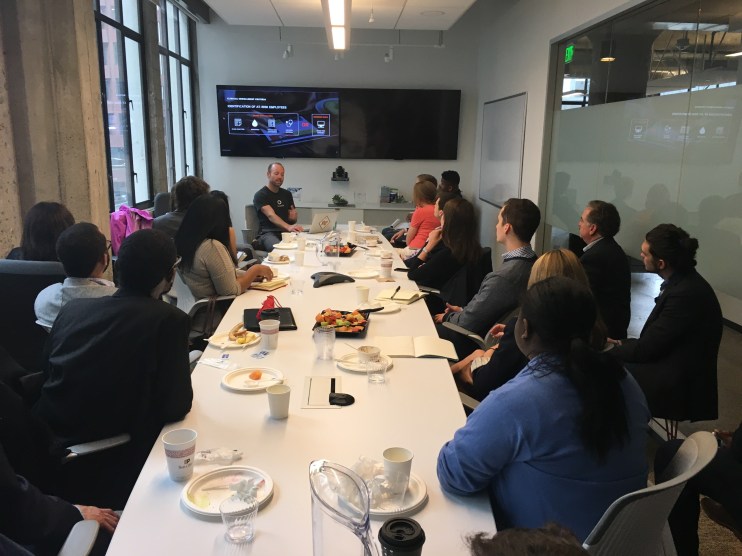News & Stories
Profit and purpose
I was raised in a first-generation immigrant family, one that taught austerity and hard work. I often inherited my older brothers’ T-shirts, and learned algebra early in the summers. Both of my brothers and my parents are entrepreneurs, stunning and bold forces of nature.
I have always admired the framework and practice of entrepreneurship for its inherent value of moving quickly or beginning to try at all. The capacity to prototype, iterate and solve problems is practical. However, as the youngest of three children, with a love of questions, disengaged from the sacrifices and toil of my grandparents, I began wondering about the bottom line of profit. After all the resources my background has afforded me, is entrepreneurship still the best way to share them? How far can profitable innovation take us toward generating a healthy world?
One turning point in answering this question was participating in the Adams Apprenticeship San Francisco Trek. Two companies stood out to me: Omada and LinkedIn.


When sitting down for breakfast with us, co-founder and president Adrian James shared videos of Omada and marveled at his team’s work. He explained how they use technology, science and human connection to reduce risk for Type 2 diabetes and heart disease. James showed us data points from two anonymous clients – one who successfully stuck with the pre-diabetes coaching and another who didn’t. By tracking data from every movement on their technology platform, they gather an immense amount of data. Omada can respond and iterate as needed, directly able to tailor their product for the health of someone else and financially survive.

Alison Dorsey, who works on city and state partnerships at LinkedIn, also revealed the depth of data that the firm uses. Dorsey explained how she looks at the employment and skills gaps in various regions according to what has been posted on LinkedIn. She then partners with local governments to implement tailored job training and other employment factors. By pulling on their hundreds of millions of accounts and relevant information, LinkedIn has access to trends vital for economic development and regeneration.
Both companies demonstrate that with intentions for a healthier world and entrepreneurship, a lot can happen – invaluable data, engagement, tangible action, a difference. Whereas my love for entrepreneurship had been born from my family and had ended with its practice only in particular cases, I am beginning to recognize its unique power to create equity and health on large scales. Entrepreneurship is not an ends, it is a means – a remarkable tool.
By Kristen Lee (BA ’18)